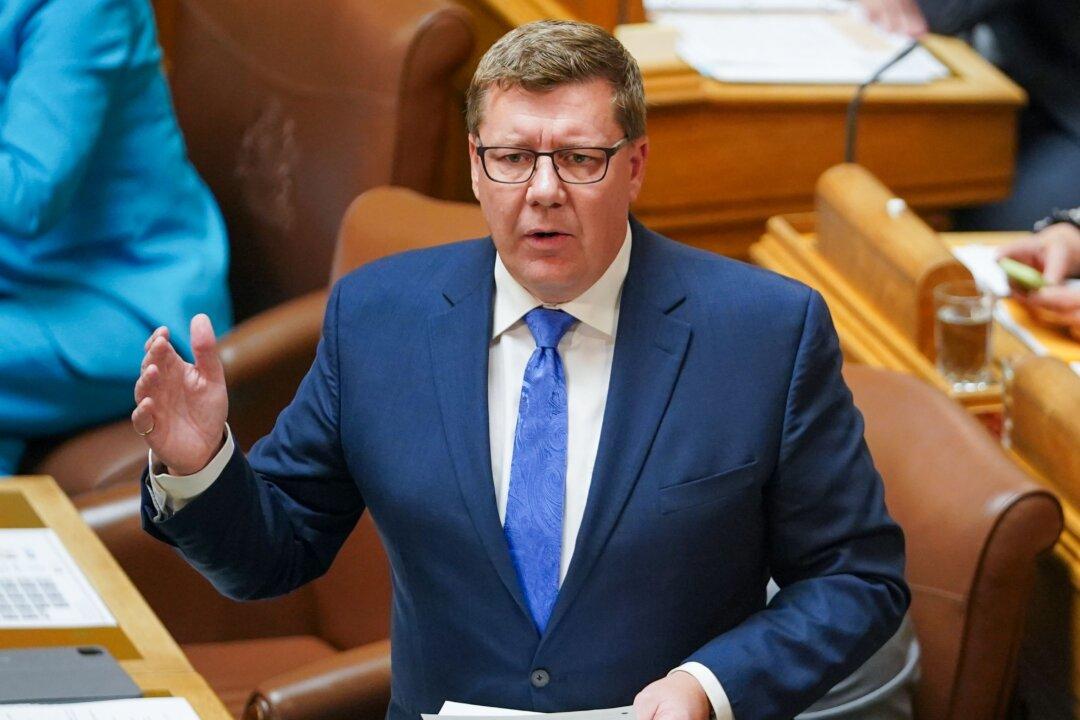Saskatchewan Party Leader Scott Moe says if re-elected his party will develop a policy restricting access to change rooms in schools to biological gender.
“I’ll be very clear, there will be a directive from the minister of education that would say that biological boys would not be in the change room with biological girls,” Moe said. “It would be the first order of business if we’re re-elected.”





